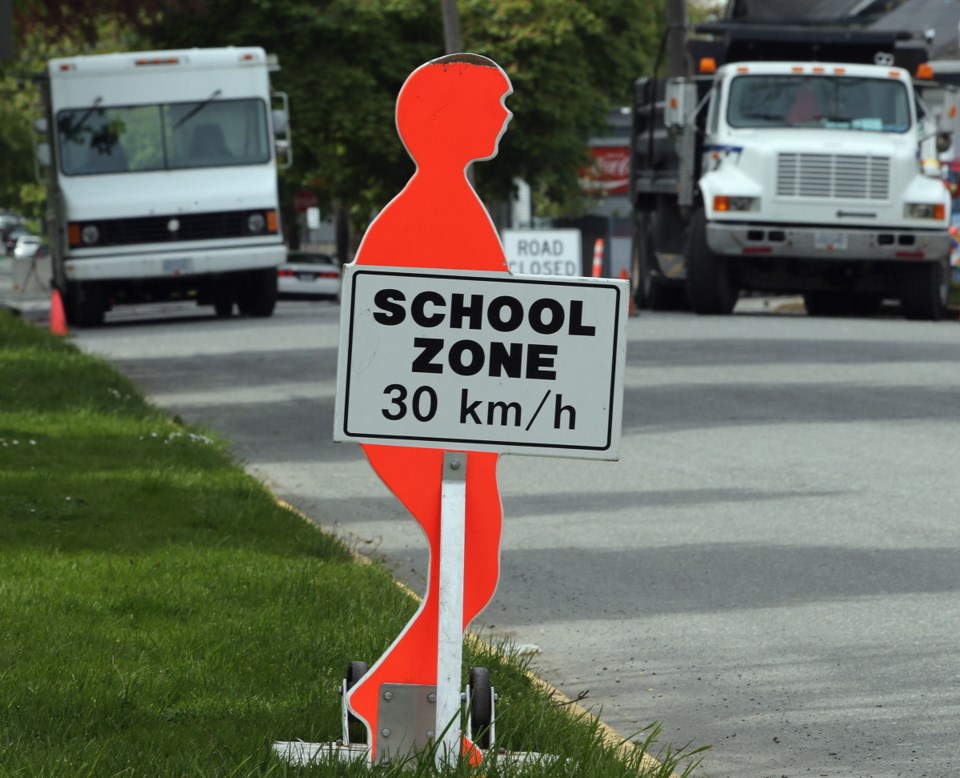A teacher in B.C. has been banned from the classroom for life. The province’s Commissioner for Teacher Regulation made the ruling after an investigation revealed the individual had exchanged inappropriate text messages with a 17-year-old student.
The teacher also admitted to having had a sexual relationship with the student. (Neither the teacher’s name, nor that of the student, has been made public to protect the student’s privacy.)
What separates this case from similar instances in years gone by, is that the story doesn’t end there.
For decades, it was known that teachers across Canada could be fired for improper behaviour and find a teaching job elsewhere.
In effect, school boards hushed the matter up, leaving new employers to uncover the truth. Often, they failed.
On one occasion, a teacher in B.C., dismissed for sexual misconduct, was hired at another school and went on to re-offend. It was only then that his prior history became known.
The country’s education ministries spent years trying to tackle this problem. Part of the difficulty they faced was that even if news of a dismissal were circulated within a given province, there was nothing to prevent the offender simply relocating to a different part of the country and continuing to prey on pupils.
Thankfully, that failing has been remedied. There is now an automated system in place that closes the gap.
B.C.’s Education Ministry sends monthly notifications of disciplinary measures to all of the teacher regulators in Canada. In turn, the ministry is advised of any such measures in other jurisdictions, both national and international.
If a teacher applies for a certificate in B.C., the ministry’s database searches the applicant’s record, both professional and criminal. It is unlikely a candidate with a history of misbehaviour would slip through this net.
An obvious question is why it took so long to put this system in place. There is nothing very complicated about it. One reason is that Canada’s education ministries traditionally had a poor record of working together on difficult or contentious matters. There is a national council of ministers, but for years it was under-resourced and often little more than a social club. That has changed.
The other contributing factor in B.C. has been the replacement of the profession’s governing body, the College of Teachers, with an independent tribunal overseen by the Commissioner for Teacher Regulation.
This change was made in 2012, after it became apparent the College of Teachers had been co-opted by the teachers’ union.
It is true the College of Teachers did play an early part in the national reporting system. But over time it became little more than an extension of the teachers’ union, which went to great lengths to infiltrate the College of Teachers. That ultimately led Christy Clark’s Liberal administration to dissolve the governing body.
It’s unfortunate this had to happen. One of the defining characteristics of a profession is self-regulation.
The underlying rationale is that doctors, lawyers, teachers and so on know far more about their duties than any member of the public. By allowing them to regulate themselves, it is hoped the highest of standards will be set. The reputation and standing of their profession depends on it.
Regrettably, the B.C. Teachers’ Federation could not accept this. Perhaps the long history of troubled employer/employee relations played a part.
The union was permanently on a war footing, as was the ministry, and professional niceties took a back seat.
The appointment of a Commissioner for Teacher Regulation put an end to this, but at a cost. We do now have the means of identifying teachers with troubled pasts. That is a huge step forward.
However, the profession has lost the right to police itself. That cannot but diminish its standing in the public eye.



